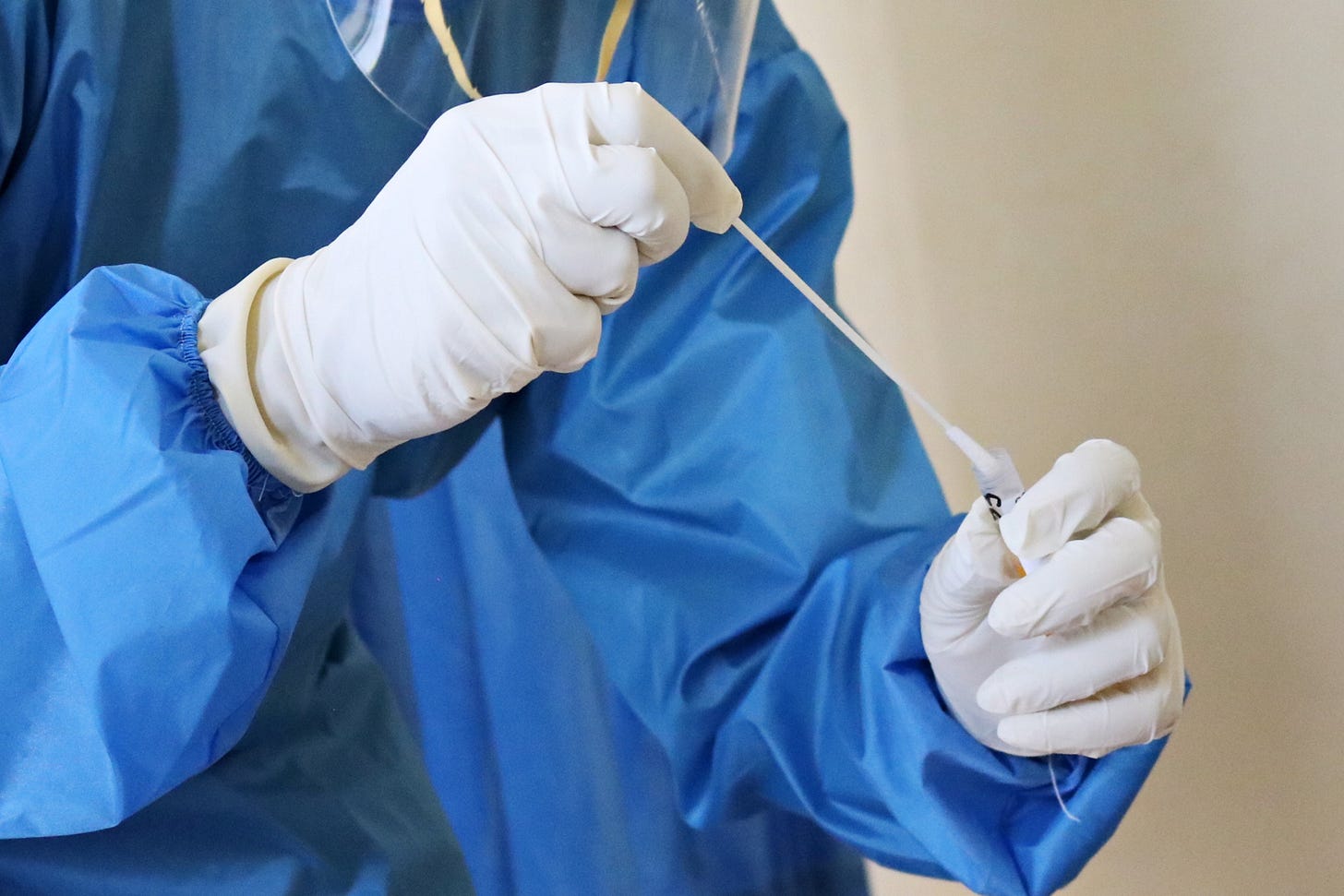What the Pac-12 Can Learn From President Trump
Covid-19 rapid testing is not the panacea we think it is

We are only one month away from the restart of #Pac12AfterDark, and according to the Pac-12 Conference and its member-universities’ athletic directors, we have the conference’s newly implemented Covid-19 “rapid-results testing” to thank for the resumption of play this year.
But the Pac-12 and its member-universities should stay cautious if recent news is a sign.
The spread of Covid-19, the disease caused by the novel coronavirus, in the White House this past week should serve as a cautionary tale for the Pac-12 and others reliant on rapid testing.
The Wall Street Journal reported this past weekend that the White House “relied on rapid testing to help prevent the spread of Covid-19 among officials and guests.”
In the last five days, President Trump, the first lady and at least seven other senior advisers, U.S. senators and members of the press corps reported testing positive for Covid-19 after attending a Sept. 26 ceremony at the White House.
According to the U.S. Centers for Disease Control and Prevention, so-called rapid antigen testing looks for fragments of proteins found on or within the novel coronavirus. Antigen tests trade accuracy for speed, and can typically give results within minutes and at a lower cost than other tests that analyze genetic material.
The trade-off for speed can be consequential. Bloomberg Law found rapid Covid-19 antigen tests may “provide false negative results for about 15% of infected people.” For comparison, the Abbott Now ID test used by the White House has a 9% false-negative error rate.
The Pac-12 uses Sofia 2 testing machines produced by the Quidel Corporation, a healthcare diagnostic products manufacturer. Quidel was the first company to receive emergency use authorization for a Covid-19 antigen test from the Food and Drug Administration.
In addition to its margin of error, rapid testing can give people a false sense of security because of a misunderstanding of how the tests work or if not used as a part of a broader safety plan to counter the spread of Covid-19.
Indeed, the president and those who are in regular close contact with him receive tests every day. As a result, many officials do not wear masks or physically distance themselves from one another.
The lack of physical distancing likely resulted in the White House becoming a “hot spot” for Covid-19 transmission. The current scientific consensus says someone is more likely to catch the novel coronavirus the closer and longer they are in contact with someone infected, as the virus likely spreads through droplets from the nose or mouth when someone breathes, shouts, sings or speaks.
Fortunately, California is taking steps to protect its student-athletes, as physical distancing is all but impossible during athletic competition.
California Athletics Director Jim Knowlton told Write for California and other reporters during a Sept. 24 press conference that the university received its test kits and testers from the conference the day before and expected to start daily testing and contact practice the following week, beginning Sept. 28.
“Getting daily testing — antigen testing — has been a game-changer for us, and you know, we supplement that with PCR testing,” Knowlton said, referring to polymerase chain reaction tests, a testing technique that detects genetic material from the novel coronavirus. The FDA considers PCR tests more accurate than antigen tests, which are less sensitive.
Using both tests, the university can avoid the risk of false negatives by confirming a rapid test’s negative result.
Still, it will be necessary for Golden Bears and their coaches, staff and respective friends and families to practice good hygiene and comply with health guidelines.
Already, college football coaches and players across the country have tested positive for Covid-19, and teams postponed games. California and the Pac-12 will want to avoid this fate, already getting off to a later season and playing fewer games than others.


